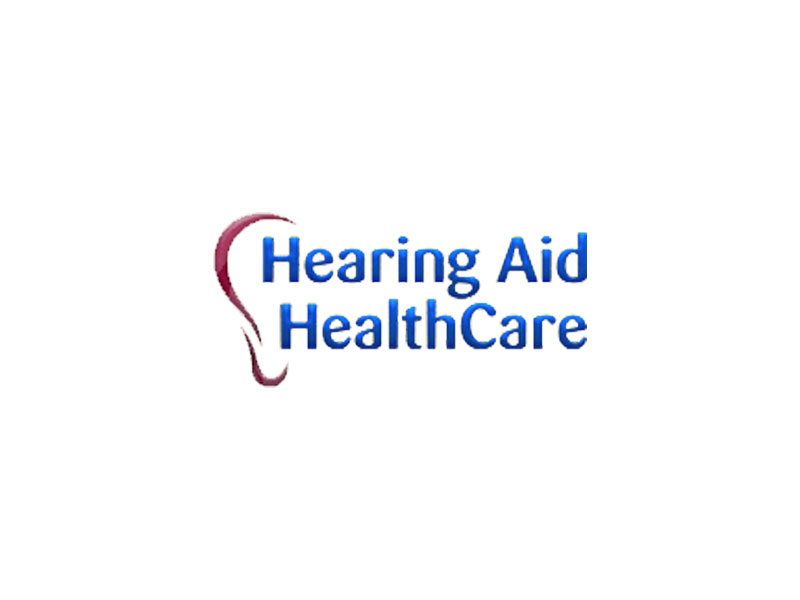While you were young and had perfect hearing, there may have been times when things seemed garbled even then. Your parents probably took you to your family physician, who would professionally and carefully take care of the excess ear wax that built up in the ear canal. Now you have hearing aids, and with age the bodily secretions get thicker, heavier and don’t leave the body as easily as they used to. This is quite true of ear wax as well.
Your hearing aids will no doubt come into contact with ear wax build- up. That’s not only normal, it’s to be expected. The problems that follow, however, can be frustrating because it makes the functionality of your hearing aids not the best it can be. Hearing aids, like everything else, need frequent maintenance in order to work their best.
There are a few options for this particular problem. See your hearing aid specialist regularly and ask them to check the ear canals for excess wax. Buy a hearing aid cleaning tool kit when you purchase your hearing aids and make sure your hearing aid provider shows you how to properly use the tools to clean your hearing aids without damaging them. If you feel uncomfortable with cleaning them yourself, you can always bring them in to have them cleaned by a hearing aid professional.
Most importantly, never submerge your hearing aids in water or another solution to clean them. Always remove them before bathing so they do not get wet. Wash your ears thoroughly to help with any wax that may be perched on the exterior part of the ear canal. In between maintenance appointments, keep your hearing aids clean with a dry cloth. They will last much longer and work much better.
